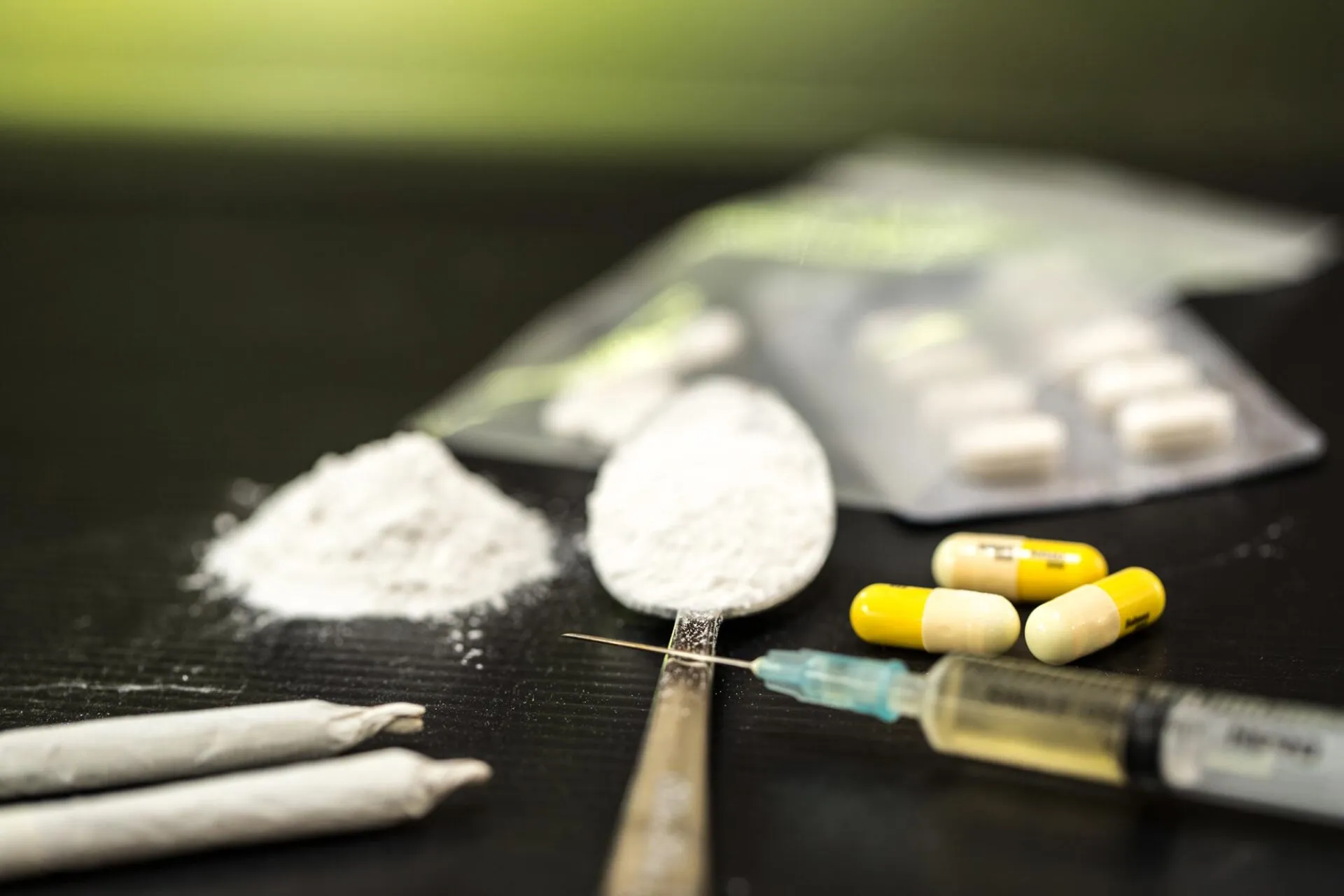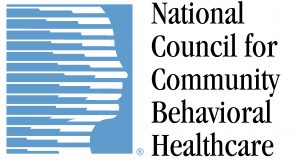
Addiction is a common problem that affects many Americans. It can destroy lives and relationships. If your loved one is suffering from addiction, you may feel powerless to help. However, you can be a great ally for your loved one in their fight against addiction. To learn more, check out these four tips to help your loved one.
1. Educate Yourself on Addiction
Most people know the basics of addiction: someone drinks too much alcohol or uses drugs. However, addiction doesn’t present the same in everyone. Overburdened by addiction, some people can’t work, take care of their family, or take care of themselves. On the other hand, some addicts continue to function in normal society as if nothing is wrong.
However many addicts have four symptoms in common:
- First, they suffer from impaired control. This means they have a strong craving for the substance and an inability to cut down.
- Second, some people may have trouble at work, school, or home, but others may avoid some activities in general for the addiction, resulting in social problems.
- Third, they continue to use the substance even though they know the risks.
- Lastly, their tolerance builds so they need more and more of the substance.
Take note of these symptoms so you can know if your loved one is addicted.
2. Support Your Loved One
The battle against addiction is tough, so supporting your loved one can help them in their journey, but it can also be difficult. For starters, your loved one may not even accept they have a problem. In some cases, they are perfectly aware of the problem but simply don’t care.
Sadly, many addicts also suffer from mood disorders like depression. Depression often turns people toward drugs and alcohol, but those same substances can worsen depression. For this reason, criticizing and judging your loved one and their behavior could make the problem worse. If they continue to feel terrible about themselves, they will likely continue to self-medicate.
Instead, you should focus on building trust and being honest with your loved one. It’s also important that you respect their privacy. It’s tempting to demand to know how much your loved one drinks or to snoop through their room to find hidden drugs/bottles, but that will destroy any trust.
3. Don’t Enable the Addiction
While it’s good to support and help your loved one, you don’t want that help to turn into enabling. Naturally, giving your loved one the addictive substance or using the substance with them is a form of enabling, but there are more subtle forms too.
For example, if your loved one is unable to go grocery shopping because of their addiction and you go shopping for them, you may have enabled them. Basically, anytime you do something for your loved one that they can’t do because of the addiction, you are enabling the addiction. You may also be enabling them if you save them from legal consequences and make excuses for them.
4. Suggest Treatment Options
If your loved one is open to recovery, it’s a good idea to suggest treatment options for them. Depending on the severity of the addiction, inpatient rehab may be best. Inpatient rehab puts your loved one in a facility with a program that is solely designed to help them overcome addiction.
Inpatient rehab is also a great idea if your loved one suffers from co-occurring disorders, such as addiction and depression. In this case, not only does your loved one have to fight their addiction, but they must work on any underlying causes of depression and coping mechanisms for their depression.
Addiction is powerful, so your loved one may be unable to challenge it alone. Having your support could be the best thing they need. If you would like to learn more about addiction and treatment options, contact us at Clearview Recovery Center today.




